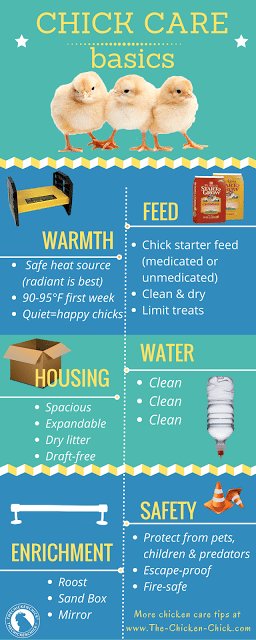
Baby Chick Care: A Comprehensive Guide for Nurturing Healthy and Thriving Chicks
Introduction
The arrival of baby chicks is a delightful experience, filled with the promise of new life and the joy of watching these tiny creatures grow and thrive. However, caring for baby chicks requires a dedicated approach and a thorough understanding of their specific needs. This comprehensive guide will provide you with all the essential information you need to ensure the well-being and optimal development of your baby chicks.
Housing and Environment
- Brooder: Baby chicks require a warm and draft-free environment, especially during their first few weeks of life. A brooder, which can be purchased or constructed, provides a controlled and comfortable space for the chicks.
- Bedding: The brooder should be lined with a soft and absorbent bedding material, such as wood shavings, straw, or shredded paper. Avoid using materials that are dusty or contain sharp edges.
- Temperature: Chicks need a consistent temperature of around 95°F (35°C) during the first week of life. Gradually reduce the temperature by 5°F (3°C) each week until it reaches 70°F (21°C).
- Ventilation: Proper ventilation is crucial to prevent ammonia buildup and respiratory problems. Ensure that the brooder has adequate ventilation holes, but avoid creating drafts.
Nutrition
- Starter Feed: Baby chicks require a high-protein starter feed specifically formulated for their nutritional needs. Provide fresh feed in shallow dishes that are easily accessible.
- Water: Clean, fresh water is essential for hydration and proper growth. Use a shallow waterer that the chicks can easily reach without getting wet.
- Grit: Grit, which is small stones or sand, helps chicks digest their food. Provide a small dish of grit in the brooder.
Health and Hygiene
- Vaccinations: Consult with a veterinarian about the recommended vaccinations for your chicks based on your location and the specific risks in your area.
- Beak Trimming: Beak trimming is a common practice to prevent feather pecking and cannibalism. It should be performed by an experienced professional.
- Cleaning: Regularly clean the brooder and bedding to prevent the buildup of bacteria and parasites. Use a mild disinfectant solution and rinse thoroughly.
- Pest Control: Keep the brooder area free of pests, such as rodents and insects, which can carry diseases.
Socialization and Handling
- Handling: Handle chicks gently and frequently to socialize them and reduce stress. Avoid holding them upside down or by their legs.
- Companionship: Chicks are social creatures and thrive in the company of others. If possible, keep at least three chicks together.
- Playtime: Provide chicks with toys and activities to stimulate their physical and mental development.
Common Health Issues
- Coccidiosis: A parasitic infection that causes diarrhea and weight loss.
- Marek’s Disease: A viral infection that affects the nervous system and immune system.
- Respiratory Infections: Caused by bacteria or viruses, these infections can lead to coughing, sneezing, and difficulty breathing.
- Leg Problems: Leg weakness or sprains can occur due to nutritional deficiencies or improper housing.
Troubleshooting
- Feather Plucking: This behavior can be caused by stress, boredom, or nutritional deficiencies.
- Cannibalism: This occurs when chicks peck at each other, often due to overcrowding or lack of stimulation.
- Slow Growth: Poor growth can be caused by nutritional deficiencies, health issues, or environmental factors.
- Death: If a chick dies, it is important to determine the cause to prevent further losses.
Transitioning to the Outdoors
- Age: Chicks can be moved outdoors when they are fully feathered and have developed their adult feathers. This typically occurs around 6-8 weeks of age.
- Acclimatization: Gradually introduce chicks to the outdoors by placing them in a protected area for short periods of time.
- Shelter: Provide a coop or shelter for protection from predators and the elements.
- Nutrition: Continue providing a balanced diet and ensure access to fresh water.
Conclusion
Caring for baby chicks is a rewarding experience that requires a dedicated approach and a thorough understanding of their specific needs. By providing a suitable environment, proper nutrition, and attentive care, you can ensure the health and well-being of your chicks as they grow into thriving adults. Remember to consult with a veterinarian for professional advice and support throughout the process.
